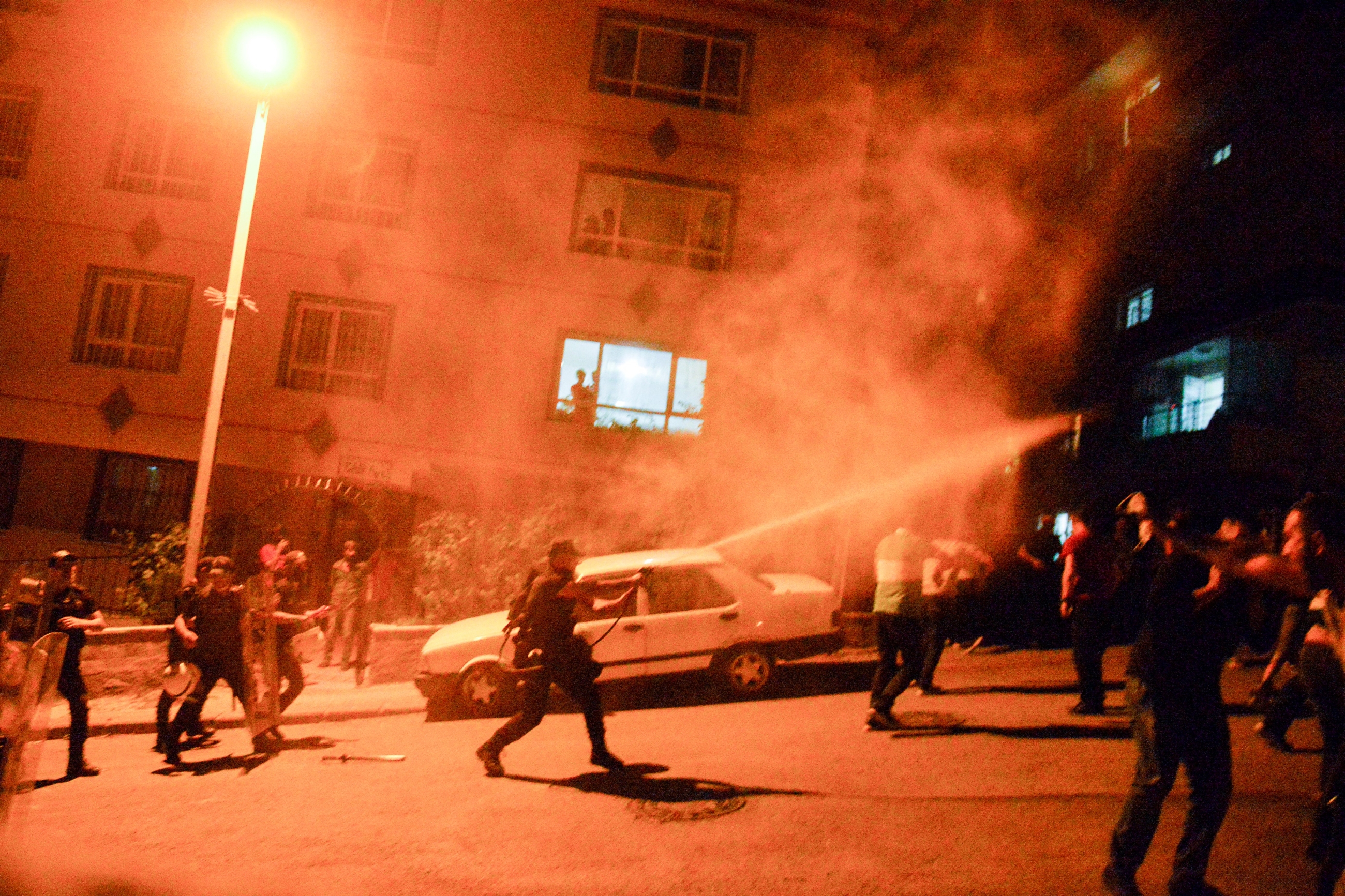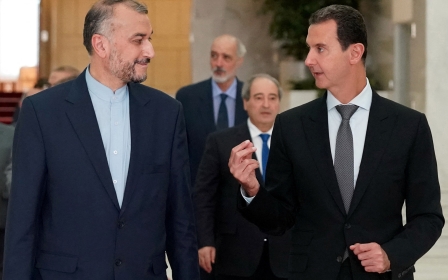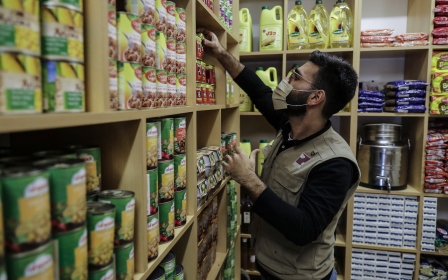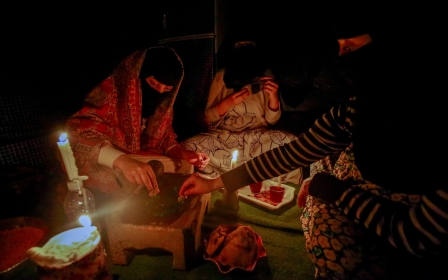Arabic press review: Turkey introduces restrictions for Syrian refugees in capital

Turkey sets restrictions for Syrian refugees
Turkey's Interior Ministry has announced a set of strict rules to "regulate" the situation of Syrian refugees in the capital, Ankara, less than a month after violence in the city between Turks and Syrians, London-based newspaper Al-Quds Al-Arabi reported.
There is widespread fear among the refugees that these measures will be a prelude to similar regulations throughout Turkey, as controversy over their presence intensifies in domestic politics, with many expecting that it will escalate as elections approach.
The measures undertaken include permanently halting the issue of new applications for temporary protection papers in Ankara, and preventing unregistered Syrians from residing in the city, instead sending them back to the Turkish governorates in which they are officially registered.
Turkish authorities also decided to ban Syrian asylum seekers from running businesses without being legally registered and having a tax record, in addition to other resolutions to demolish abandoned buildings that some refugees have been using as homes.
The new policy includes the prosecution of all undocumented refugees in Ankara who are not officially registered at the Immigration Department. The punishment entails arresting and sending them to the repatriation centres affiliated with the Immigration Department to prepare for their deportation, which could lead to returning Syrians to opposition-controlled areas in northern Syria.
Last month, violence broke out in a neighbourhood of Ankara after rumours spread that a young Turkish man had been killed by a Syrian refugee. Turks attacked homes, shops and cars thought to belong to Syrians.
EU aid to Jordan since 2011 reaches €3.2bn
A factsheet issued by the European Union estimates the total cost of humanitarian, development and financial aid provided by the EU to Jordan since the beginning of the war in Syria, in 2011, at around €3.2bn ($3.8bn), of which €392m ($466m) was delivered in the form of humanitarian aid, Jordanian newspaper Al-Ghad reported.
The document indicated that during the current year, the EU provided €17m ($20m) in humanitarian aid, including €2m ($2.4m) to help Jordan confront the effects of the Covid-19 pandemic and enhance the healthcare system in refugee camps, in order to withstand future surges in the number of refugees.
Life has recently become more difficult for refugees and Jordanians alike, due to the pandemic. The document indicated that, according to the United Nations, 83 percent of Syrian refugees outside camps in Jordan live below the poverty line. Most Syrian families in Jordan depend on humanitarian aid to meet their basic needs, but aid is faltering due to the economic crisis that has worsened following the pandemic.
Poverty deprives Lebanese of meat
Saudi newspaper Asharq Al-Awsat reported that meat has become increasingly rare on the Lebanese table, in light of the economic crisis that has crushed the middle class and changed many shopping and food habits in Lebanon.
A housewife and mother of three children, who lives in Beirut, told the newspaper that she now prepares "cheap" dishes that Lebanese would usually serve next to the main dish, but now serve as a full meal.
Meat, as well as chicken, eggs, dairy and imported cheese, have become "a luxury", Asharq Al-Awsat said.
The woman added: "We repeatedly make inexpensive meals so that we can survive, not only because of the devaluation of the Lebanese pound, but also due to the greed, selfishness and corruption of merchants."
*Arabic press review is a digest of news reports not independently verified as accurate by Middle East Eye
Middle East Eye propose une couverture et une analyse indépendantes et incomparables du Moyen-Orient, de l’Afrique du Nord et d’autres régions du monde. Pour en savoir plus sur la reprise de ce contenu et les frais qui s’appliquent, veuillez remplir ce formulaire [en anglais]. Pour en savoir plus sur MEE, cliquez ici [en anglais].





